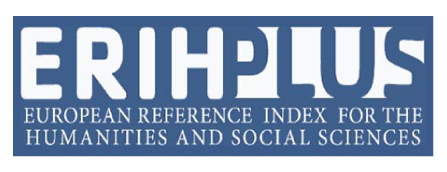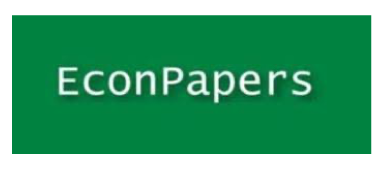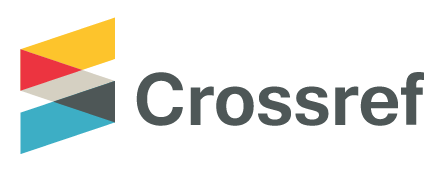Does Higher Education Dropout in Slovenia Increase? An Empirical Assessment Using Robust and Bayesian Methods
DOI:
https://doi.org/10.53615/2232-5697.14.285-299Keywords:
higher education dropout, dropout persistence, trend analysis, Theil–Sen estimator, Bayesian approach, Slovenian higher education systemAbstract
Purpose: The study aims to assess whether dropout rates in Slovenian higher education have increased over time, focusing on persistence and potential trends between 2011 and 2019. It also seeks to evaluate how robust and Bayesian statistical methods can improve dropout analysis when only limited data are available.
Study design/methodology/approach: The research uses aggregated dropout data from nine consecutive student cohorts (2011–2019) within the Targeted Research Programme (CRP V5-2360). The analysis combines descriptive statistics, robust methods (Theil–Sen estimator with bootstrap confidence intervals), and Bayesian regression modelling with weakly informative priors. This mixed methodological framework is particularly suitable for short time series and allows probabilistic interpretation of results.
Findings: The results reveal that dropout in Slovenia is persistently high, averaging around 51%. Two distinct phases were identified: a decline between 2011 and 2015, followed by renewed growth from 2016 onwards. While classical robust methods yielded inconclusive results regarding a linear trend, Bayesian analysis indicated with high posterior probability (>95%) that dropout has been increasing by about one percentage point per year since 2015.
Originality/value: This study contributes substantively by confirming that Slovenia belongs to the group of European countries with exceptionally high and persistent dropout levels. Methodologically, it demonstrates the added value of applying robust and Bayesian approaches to small-sample educational data, offering more reliable and nuanced insights than conventional frequentist techniques.
Downloads
Downloads
Published
License
Copyright (c) 2025 Rado Pezdir

This work is licensed under a Creative Commons Attribution-ShareAlike 4.0 International License.
















